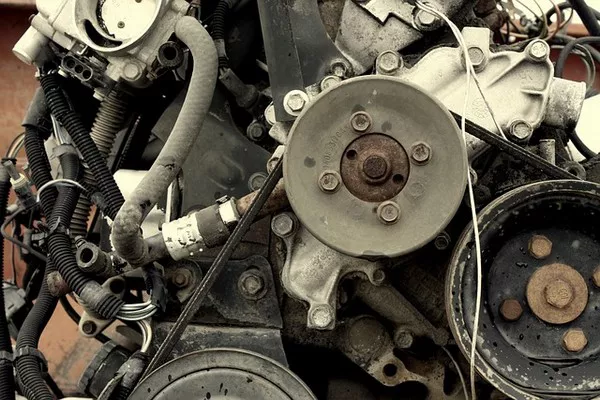Recent amendments and legal developments add complexity to warranty enforcement
The Song-Beverly Consumer Warranty Act, enacted in 1970, was designed to afford additional protections to consumers purchasing goods, particularly in California. However, recent trends in claims filed against manufacturers, known as “Lemon Law” litigation, have raised concerns, particularly in the automotive industry. The Song-Beverly Act imposes obligations on manufacturers related to express warranties, limitations on disclaiming implied warranties, and provides remedies for consumers, including monetary damages, equitable relief, and recovery of litigation costs and attorneys’ fees.
In recent years, the number of Lemon Law claims has surged, reaching nearly 15,000 in the auto industry alone in 2022. This surge occurs despite improvements in product reliability. The Song-Beverly Act extends beyond automobiles to various consumer goods, making compliance challenging for manufacturers.
Two recent developments further complicate matters for manufacturers. Firstly, a July 1, 2023 amendment dictates that warranties for products sold in California must commence on the date of delivery, not the date of sale. This change aims to address supply chain complications, requiring manufacturers to review warranty language, track sale/delivery dates accurately, and communicate warranty periods effectively to consumers.
Secondly, challenges arise concerning the enforcement of mandatory arbitration provisions by non-signatory manufacturers. The Song-Beverly Act’s fee-shifting provisions incentivize manufacturers to seek arbitration as a quicker and less costly alternative to litigation. However, recent court decisions, exemplified by Kielar v. Superior Ct., question manufacturers’ ability to enforce arbitration provisions if they are non-signatories to the consumer sale contract.
The Felisilda v. FCA US LLC decision in 2020 permitted enforcement based on equitable estoppel, but subsequent cases have contested this interpretation. The California Supreme Court’s pending review of Ford Motor Warranty Cases is expected to clarify the matter.
In conclusion, the evolving landscape of the Song-Beverly Act, coupled with recent amendments and legal uncertainties, poses challenges for manufacturers. Close monitoring of regulatory changes and court decisions is crucial for adapting to the growing complexities of Song-Beverly Act compliance and litigation.

